In 2025, the rivalry between Android and iOS continues to shape the smartphone landscape. As both ecosystems evolve, users are met with more features, tighter integration, and new hardware options. Choosing the right platform is less about right or wrong and more about aligning with your personal needs and priorities. Below is a detailed comparison to help you decide which system fits you best.
Customization and Flexibility
Android remains the go-to choice for users who love to personalize their experience. The platform allows deep customization, from widgets to home screen layouts, launchers, and app defaults. Users can fine-tune almost every aspect of their phone’s behavior and appearance.
iOS, while more restrictive, has made strides in recent years. Apple now allows some customization through widgets, lock screen personalization, and app library organization. However, the system is still built for a consistent and uniform experience across devices.
Security and Privacy
iOS has built a reputation for security and privacy. The controlled app ecosystem, frequent updates, and features like App Tracking Transparency contribute to a secure user environment. Apple’s integration between hardware and software minimizes vulnerabilities.
Android has improved its security protocols significantly, especially on newer devices. However, due to the open-source nature of Android and the wide range of manufacturers, security can vary. Devices that don’t receive regular updates may be more vulnerable.
Device Variety and Pricing
Android offers an unmatched range of options in terms of hardware. From budget smartphones to high-end flagships, Android’s flexibility caters to a broad audience. Whether you want a compact phone, foldable screen, or gaming powerhouse, there’s likely an Android device for you.
iOS focuses solely on Apple’s lineup. iPhones are premium devices, though Apple has attempted to offer more budget-friendly options like the iPhone SE. Still, users looking for flexibility in form factor or price may find iOS limiting.
Ecosystem Integration
iOS excels in ecosystem integration. Apple’s seamless connection between iPhone, Mac, iPad, Apple Watch, and even Apple TV creates a cohesive environment. Features like Handoff, AirDrop, and Universal Clipboard streamline workflows and enhance convenience.
Android supports integration with Google services and various third-party devices. However, the experience can vary depending on the manufacturer. Some brands like Samsung and Google offer excellent ecosystems, but consistency across all Android devices is not guaranteed.
Camera and Multimedia
iPhones are known for their dependable camera performance. The tight integration between hardware and software results in sharp photos, smooth video recording, and consistent quality across scenarios. Apple’s image processing software is favored by content creators.
Android phones range widely in camera quality. Flagship models from Samsung, Google, and OnePlus often compete head-to-head with iPhones, offering advanced hardware and AI features. However, mid-range and lower-end Android devices can be hit or miss.
User Demographics and Preferences
iOS often appeals to users who prioritize simplicity, privacy, and long-term support. iPhone users tend to value product consistency and integration with other Apple devices.
Android is favored by those who enjoy experimenting with technology. It attracts power users, budget-conscious buyers, and anyone looking for a more customizable user experience.
Developer and App Ecosystem
iOS offers developers a stable and controlled environment. Many apps debut on iOS first because developers can optimize for a limited number of devices. The App Store also maintains strict quality controls.
Android has a wider reach globally, giving developers access to a vast user base. However, the diversity of devices and software versions can pose challenges in optimization and consistency.
Software Updates and Longevity
Apple supports its devices with updates for five or more years, making iPhones a solid long-term investment. Even older models receive the latest iOS versions simultaneously with newer devices.
Android has improved in this area, especially with brands like Google and Samsung offering multiple years of support. Still, many Android phones receive limited updates, especially from budget manufacturers.
Which Should You Choose?
Choose Android if:
-
You want a wide range of device choices and price points.
-
Customization and flexibility are important to you.
-
You prefer Google’s ecosystem and services.
Choose iOS if:
-
You value privacy, security, and long-term software updates.
-
You own other Apple products and want seamless integration.
-
You prefer a more curated and consistent experience.
Conclusion
Both Android and iOS have matured into feature-rich ecosystems. Your decision should come down to what matters most to you — whether it’s flexibility, device options, security, or integration with other technology. Whichever you choose, 2025 is an excellent time to upgrade and enjoy the best that mobile platforms have to offer.


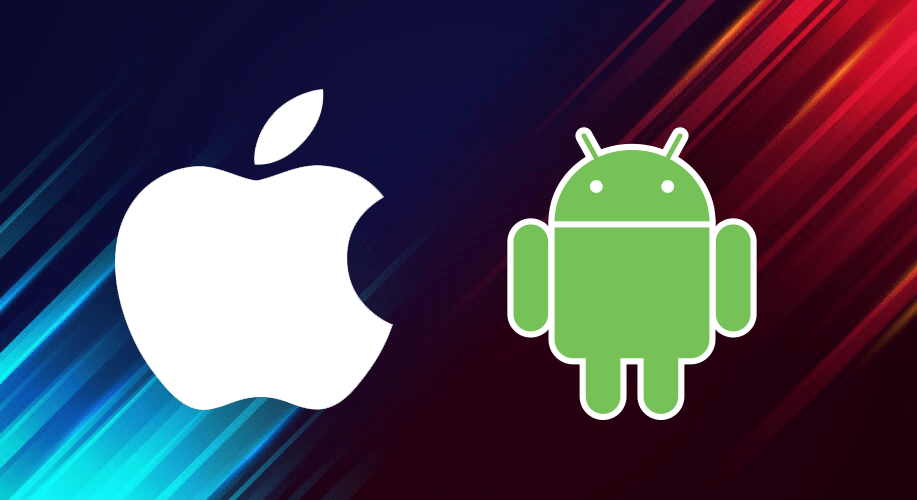
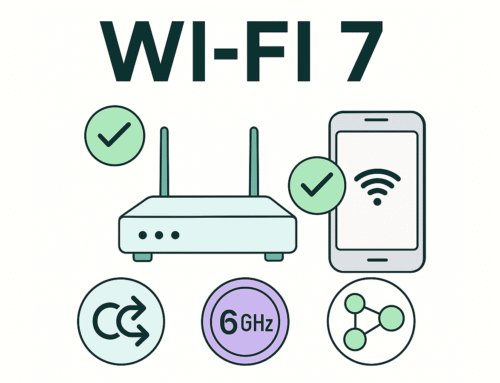
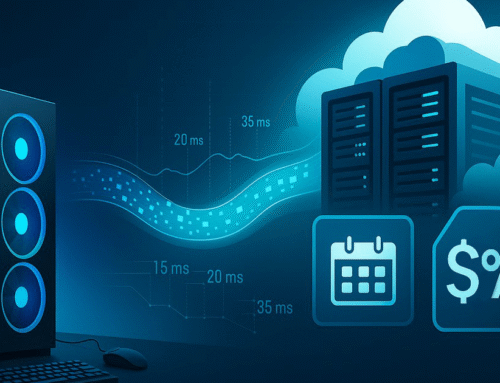

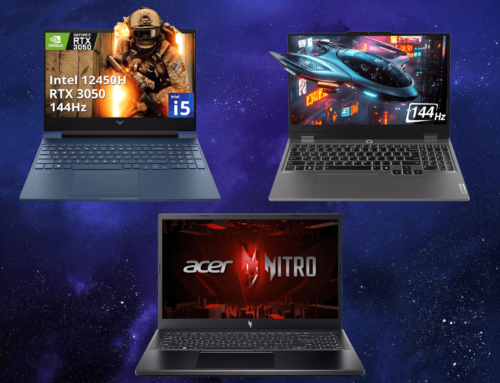
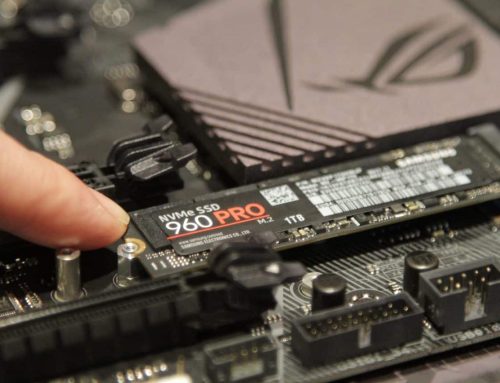
Leave A Comment
You must be logged in to post a comment.